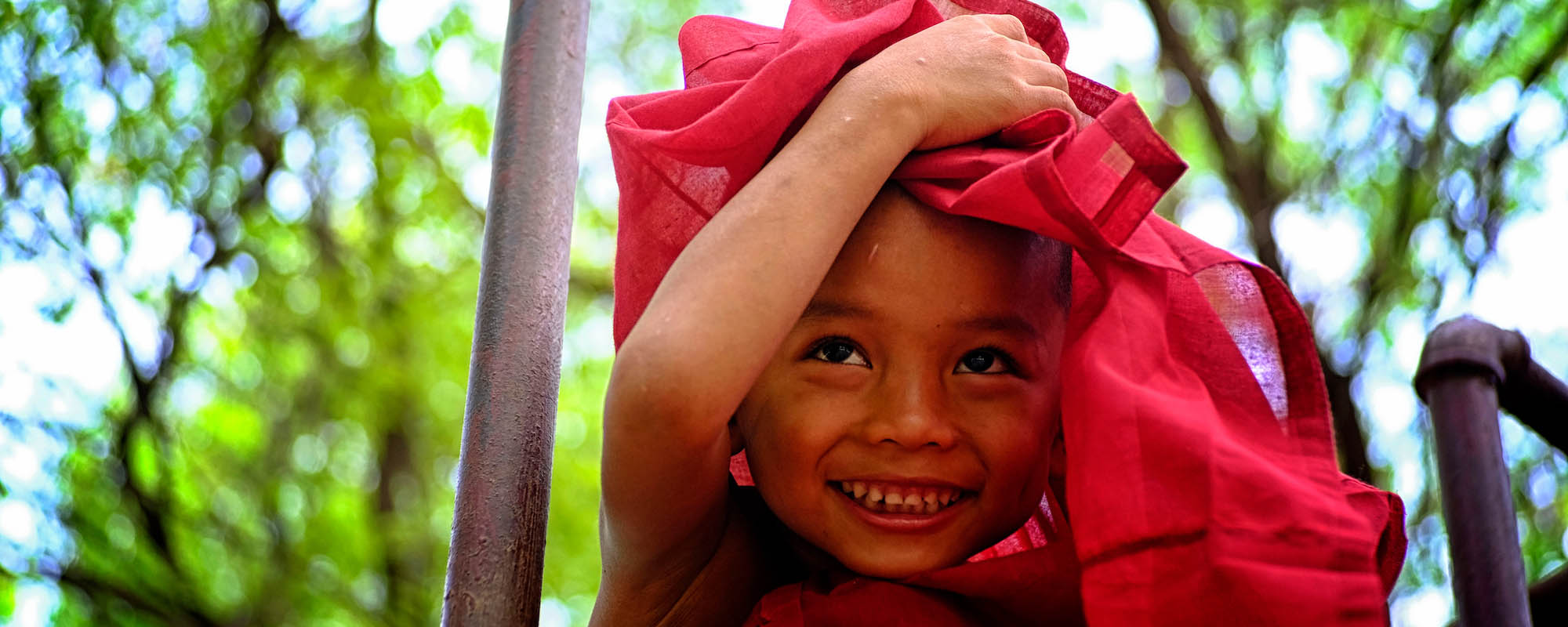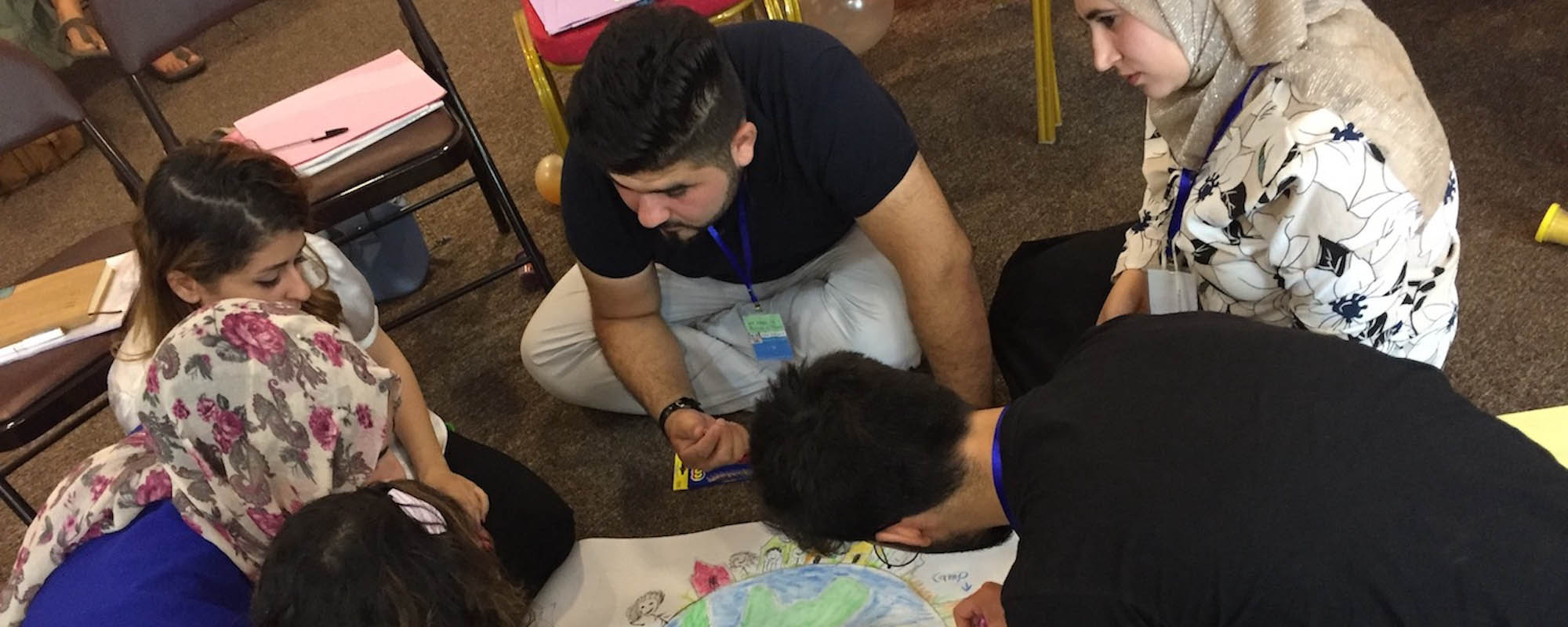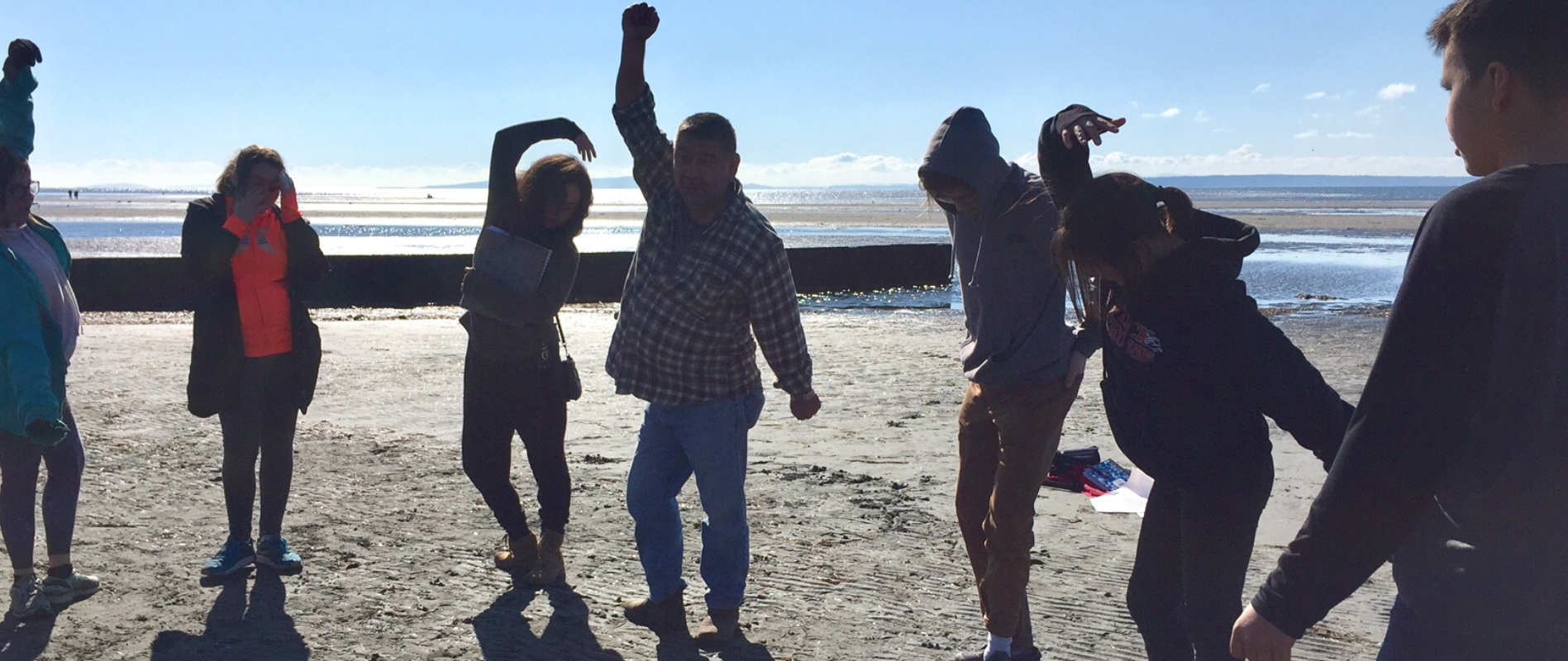Resilience in Aboriginal communities is a long process of healing that allows to supersede the multiple trauma and the loss of culture experienced during the colonization and after. The presence of social capital is central to this process in building bridges between persons, families and social groups with the aim of developing a spirit of civic culture. The process usually relies in the first stage on the vision of a few leaders whose example brings forward a larger segment of their community. Characteristics specific to the notion of resilience in Aboriginal cultures are: spirituality, holism, resistance and forgiveness. The main obstacle to overcome in the process of resilience is the phenomenon of codependency which leads to superficial attachment, lack of trust, and refusal of authority. The concept of cultural identity is central to resilience in this context and there is a need to create a new cultural ethos in continuity with the traditions. Each community has to undergo its own course and cannot copy success stories, mainly be inspired through a process of lateral knowledge transfer. Finally, community resilience has to rely on the capacity of families to be resilient themselves which involves breaking the law of silence, naming problems and coping with them with the support of networks and institutions.






